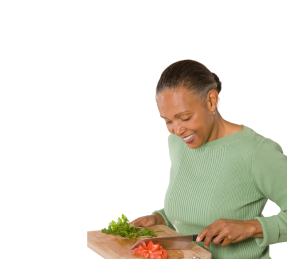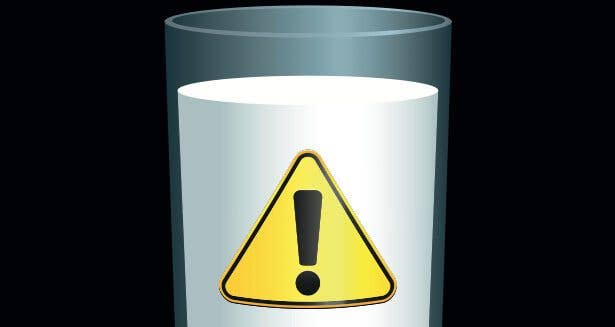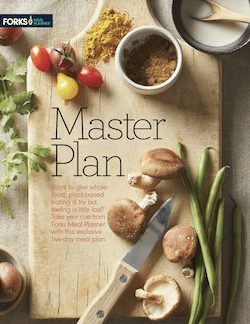Drinking just under two servings of milk a day may increase the risk of prostate cancer in men by as much as 60%, according to a new study published in The American Journal of Clinical Nutrition.
Researchers from Loma Linda University examined the potential connection between milk and prostate cancer using data from the Adventist Health Study–2, a long-term study investigating the links between lifestyle, diet, and disease among members of the Seventh-day Adventist church.
Approximately 40% of Seventh-day Adventists follow vegetarian diets, with some eschewing dairy. While several previous studies have linked dairy and calcium intake to increased prostate cancer risk, questions have persisted about the nature of the connection. Because the Seventh-day Adventist study population includes a significant number of participants who get most or all of their calcium from nondairy sources, the cohort of more than 28,000 men is uniquely valuable for exploring these questions.
At the onset of the study, all men were cancer-free. Researchers used food-frequency questionnaires to assess their diets and followed up on cancer diagnoses for nearly eight years using state cancer registries. A total of 1,254 new prostate cancer cases were diagnosed over the course of the study.
To better understand whether calcium intake was a major contributing factor, the study authors divided the men into cohorts based on their intake of nondairy sources of calcium (soy, nuts/seeds, cruciferous vegetables, other green vegetables, legumes, fruit, and fortified cereals) and dairy calcium. They adjusted for potentially confounding variables such as body mass index, fitness level, and age.
In evaluating the outcomes for each subset of participants, the researchers found that the high-dairy group developed prostate cancer at a significantly higher rate. Milk consumption, in particular, was strongly correlated to risk.
Compared with men who drank just ⅓ cup of milk per week, men who drank 1¾ cups daily—a little less than two 8-ounce servings—were 25% more likely to develop prostate cancer. When compared with vegan participants, those same men were 60% more likely to develop prostate cancer. Whether the milk was full fat, reduced fat, or nonfat made no difference—the increased risk was still present.
Notably, those who consumed more plant-based calcium did not see a higher risk of the disease. The study authors noted that their results “add important weight to the evidence associating dairy products, rather than nondairy calcium, as a possible risk factor for prostate cancer.”
Another significant finding was the lack of correlation between prostate cancer risk and consumption of other dairy products, such as cheese and yogurt. “Because dairy foods all begin with the same principal ingredient (i.e., milk), possibly some active principle has been largely destroyed by the processing of cheese and yogurt,” the authors hypothesized.
Animal Products and Prostate Cancer
This isn’t the only research supporting a connection between animal products and prostate cancer risk. A 2016 study published in The American Journal of Clinical Nutrition found that men eating a vegan diet were 35% less likely to develop prostate cancer, while a study published last fall found that men who ate more plant-based foods were less likely to develop fatal prostate cancer.
Dairy intake has also been connected to increased insulin resistance, a lack of protection against bone density loss in menopausal women, and a host of other conditions detrimental to health.
To learn more about a whole-food, plant-based diet, visit our Plant-Based Primer. For meal-planning support, check out Forks Meal Planner, FOK’s easy weekly meal-planning tool to keep you on a healthy plant-based path.
Related News
Try Our Top-RatedMeal Planner Free

Forks Meal Planner takes the hard work out of making nutritious meals the whole family will enjoy.
SAVE $200 ON OUR ULTIMATE COURSE

Join our best-selling course at a new lower price!





